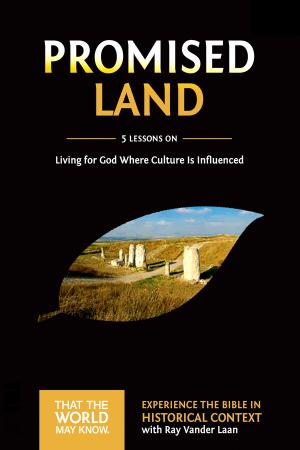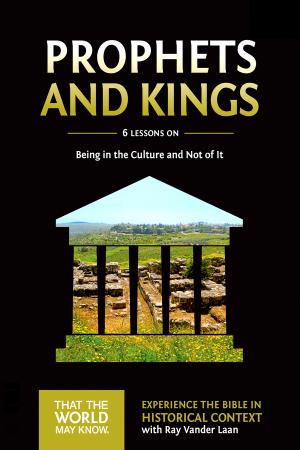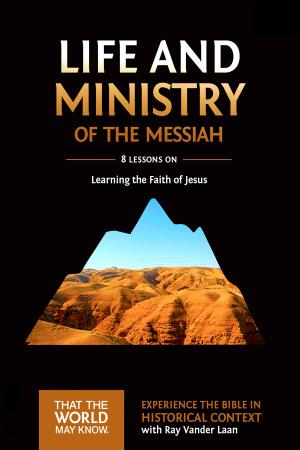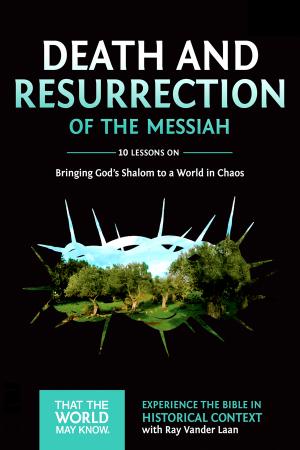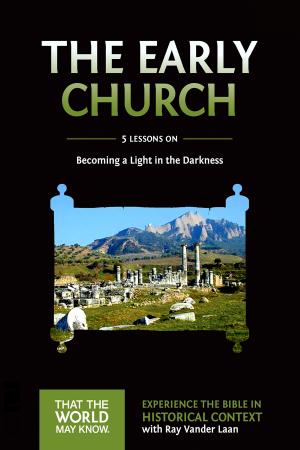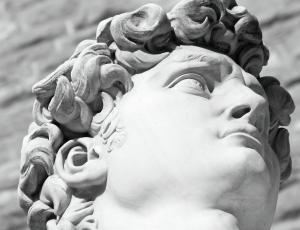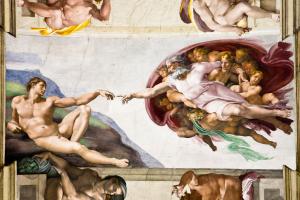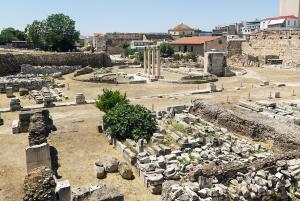Products Showing 24 of 111
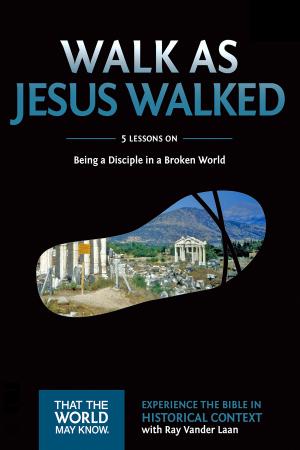
Lesson 7.1
As the gospel of Jesus spread across a Gentile world unfamiliar with the teachings and culture of the Jews, the early church faced an interesting challenge %u2013 meeting different cultures in their own context to demonstrate the redeeming power o...
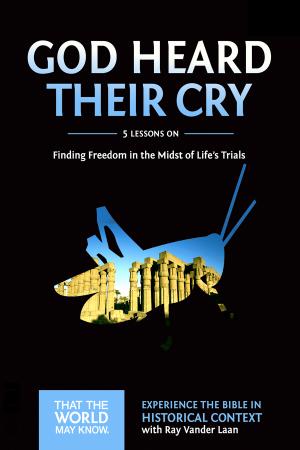
Lesson 8.1
The exodus from Egypt was a metaphor for God's greater redemption story, the restoration of shalom from the chaos of the evil one. His purpose was to invite Israel into a greater story than the one of their bondage, eventually unveiling a plan of ...
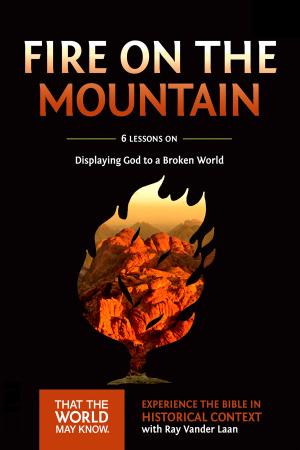
Lesson 9.1
When the Lord brought the Israelites out of Egypt, the Promised Land awaited them, but first God led them into the desert. The time they spent there would not only get them out of Egypt geographically, but would also remove its influence from thei...
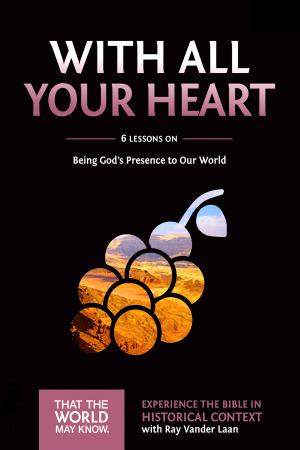
Lesson 10.1
When the tabernacle was established among the Israelites, God came and lived among His people. Its design, construction, and function revealed much of His character, which proved to be completely unlike that of any gods the people had ever known. ...
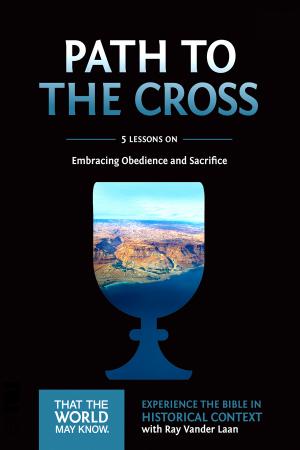
Lesson 11.1
At times, God chose to use the harsh reality of life in the desert near the Promised Land as a practical teaching tool to mold and shape His people. The Essenes went willingly into this wasteland to allow Him to do just that: to teach them His wor...
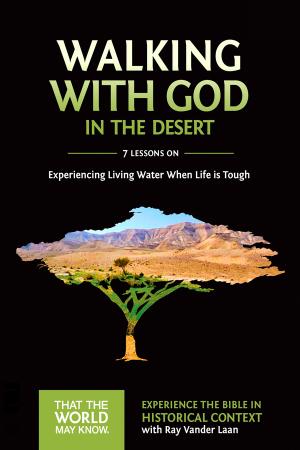
Lesson 12.1
In the Bible, the desert is an image of great hardship and suffering, signifying the impossibility of survival without access to basic resources. God often led His people through desert places, using the barrenness of the land as opportunities to ...
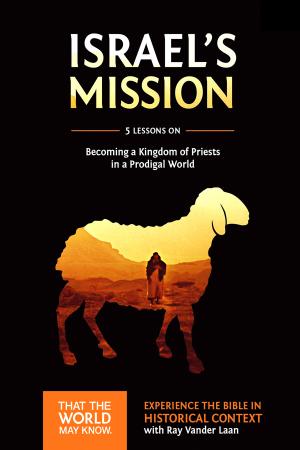
Lesson 13.1
When the Israelites left Egypt and began their journey with God to the Promised Land, how much did they know of their past history? Some, like Moses' parents, seemed to have retained a knowledge and faith in the God of their fathers, but the Bible...

Lesson 14.1
Jesus left heaven to be born in a filthy shepherd’s stable, as if to say, “I’ll leave heaven to enter the brokenness of your world.” Much of His teaching ministry, though, took place in a very different sort ...
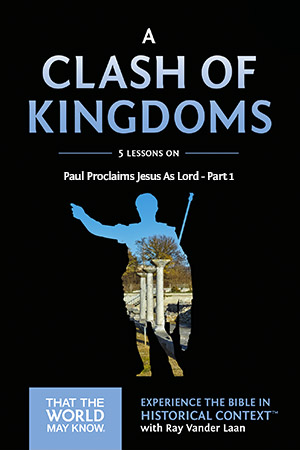
15.1
Followers of Jesus believe that the Bible contains the inspired revelation of the Creator of the universe. “Gospel” is the word that’s often used – the good news that God is redeeming a broken world through His So...
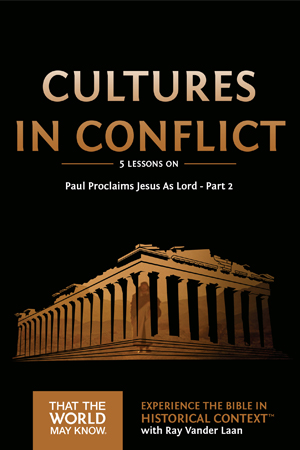
16.1
The people of the Bible lived in temple-building cultures. Temples provided pagan gods with a place to live, keeping them close to the people who worshiped them. Even Israel did the same – first Solomon, then Nehemiah and Zerubbabel, and eve...
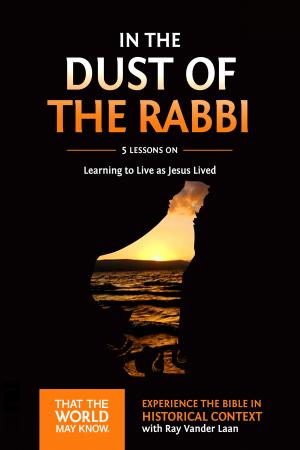
Lesson 6.2
Most of Jesus' ministry was spent in Jewish communities, proclaiming the good news of God's kingdom to the people of Israel. His greater intention, though, was for His Jewish followers to bring this message to the Gentile world around them, a worl...

Lesson 7.2
After meeting Jesus on the Damascus Road, Paul dedicated the rest of his life to sharing the gospel with anyone and everyone. He soon became one of the major leaders in the early church, focusing much of his effort on reaching out to the Gentiles....

Lesson 8.2
Unable to stand their suffering under a cruel Pharaoh any longer, the Israelites cried out to God. He heard them and initiated his plan to deliver his people, not only from their physical bondage but from slavery to Egypt's story. In this lesson, ...

Lesson 9.2
In Deuteronomy, God tells Israel that He led them into the desert in order to train and test them, so that He might know what was in their hearts. He still does this for His people today, leading us through experiences to reveal the depths of our ...

Lesson 10.2
God desired a people who would partner with Him in "making space" to reveal Himself to a broken world. The detailed patterns and plans for the tabernacle not only illustrated the kind of care and devotion He wanted to display to His peop...

Lesson 11.2
John the Baptist focused his life entirely on preparing the Jewish people for the coming of Jesus. His ministry still holds enormous meaning for us today, and there is much we can learn from his understanding of how to prepare for the arrival of M...

Lesson 12.2
The heat and intensity of the sun in the desert can be scorching, often without any guarantee of relief. Yet whenever God led His people there, He promised to provide exactly what they needed to make it through each day. In this lesson, wander the...

Lesson 13.2
In the beginning, God created magnificent beauty and order out of absolute chaos, "tohu vebohu," in Hebrew. When humanity rebelled, the world began a long progression of slipping back into that chaos. Yet God wasn't finished; He decided...
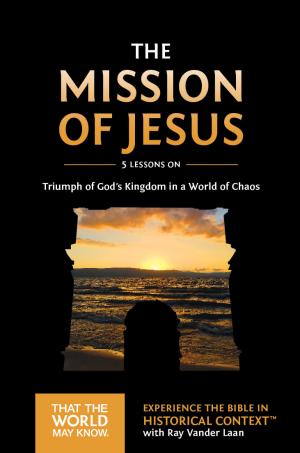
Lesson 14.2
The majority of Jesus’ ministry was done in places like the town of Capernaum, among a people who loved to debate and discuss Torah in the synagogue. They didn’t always agree with each other, but their emphasis was on how to ...
